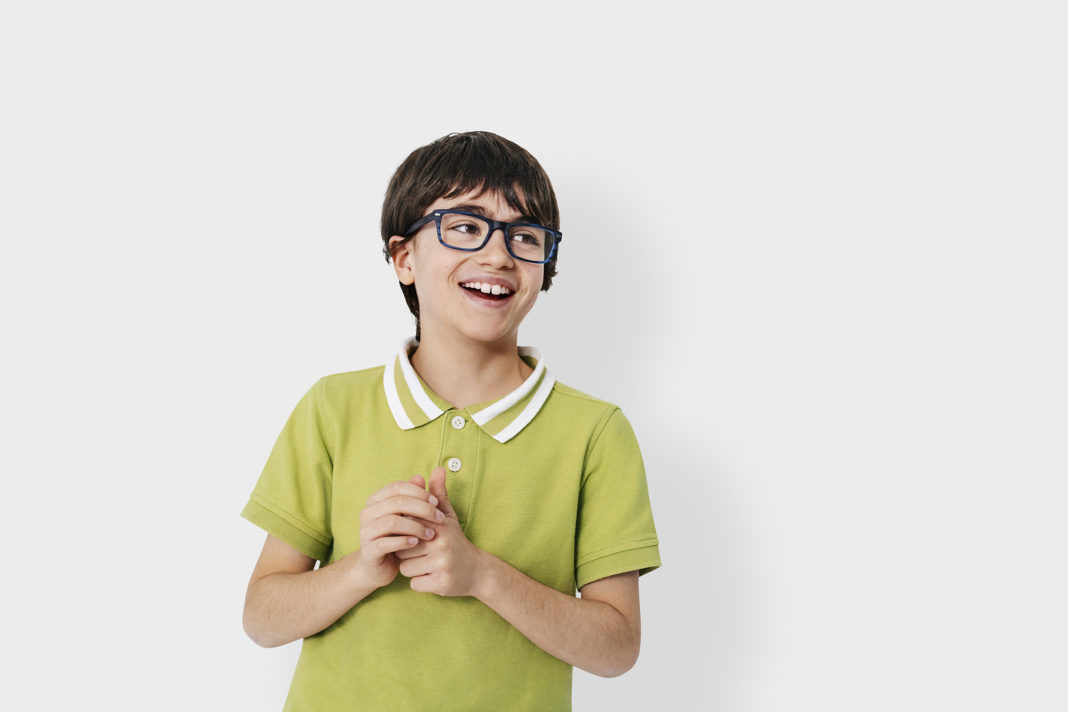WITH children spending as much as six hours a day on smartphones and other digital devices[1], Specsavers Ópticas is encouraging students to have their eyes tested before they return to school following months of lockdown learning.
It is estimated that we’ve logged an extra five billion hours online[2] globally since our daily lives went virtual due to the pandemic, with the increased screen time having an impact on eye health.
In fact, in a Specsavers’ survey, 87% of parents have said they are concerned about their children spending too much time in front of screens[3], but they are unsure on how often their child should be taking a break from their devices, with more than a quarter (28%) thinking it should be every hour[4].
Mike Stone, store director of Specsavers Ópticas Javea and Calpe says: ‘Often children do not take adequate breaks from their screens, which can cause eye strain and potentially damage their eye health, so they may notice differences in their vision when they go back to full-time education in school.’
Eye strain
Schools are investing in technological devices, such as tablets and laptops, to aid learning and ensure that all students can continue their education in the case of a return to home schooling. Mike says: ‘Eyes can often become strained when focusing on screens for a long period which, while it is not usually serious, can be particularly uncomfortable.
Similarly, if children’s eyes are fixated on a single object for a long period of time, such as a white board, this can also cause strain. Symptoms to look out for include eye discomfort, headaches, sore or tired eyes, difficulty focusing, dry eyes, blurred or double vision, and increased sensitivity to light.’
Follow the 20:6:20 rule
Mike therefore advises students to follow the 20:6:20 rule, getting children to look up/away from their screen and/or board every 20 minutes at something six metres away for at least 20 seconds, as this helps to relax the eye muscles.
Outdoor Time
Children are also encouraged to make the most of their breaks through using outdoor time in the playground. ‘Aerobic exercise is vital for children’s eye health as it increases essential oxygen supplies to the optic nerve and lowers pressure in the eyes’, says Mike. ‘The outdoors also provides many things for us to look at and helps to prevent eyes straining when fixated on a single object for a prolonged period of time. In fact, studies have shown that if children just spend an extra hour outdoors a week, then their risk of developing myopia (shortsightedness) drops by 14%[5].’
Stay Hydrated
‘It’s also good general health advice for pupils to keep their water bottle topped up, particularly when students are stuck indoors in classrooms, the weather is particularly hot, or if the school has air-conditioning, as good hydration can help avoid dry eye,’ suggests Mike.
For more information or to request an appointment at your local store visit www.specsavers.es.
[1] https://nypost.com/2020/04/23/screen-time-for-kids-explodes-during-coronavirus-crisis-study/
[2] https://www.wsj.com/articles/a-coronavirus-surge-in-screen-time-boosts-chip-makers-11588066203
[3] Specsavers customer panel April 2020
[4] Specsavers customer panel April 2020
[5] https://www.sciencenewsforstudents.org/article/outdoor-time-good-your-eyes





